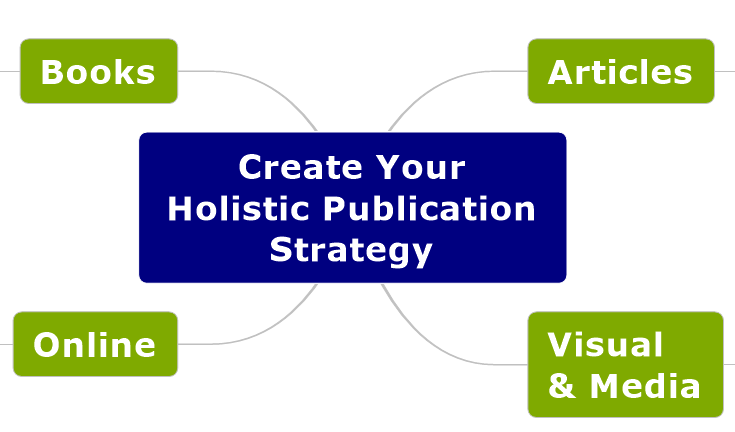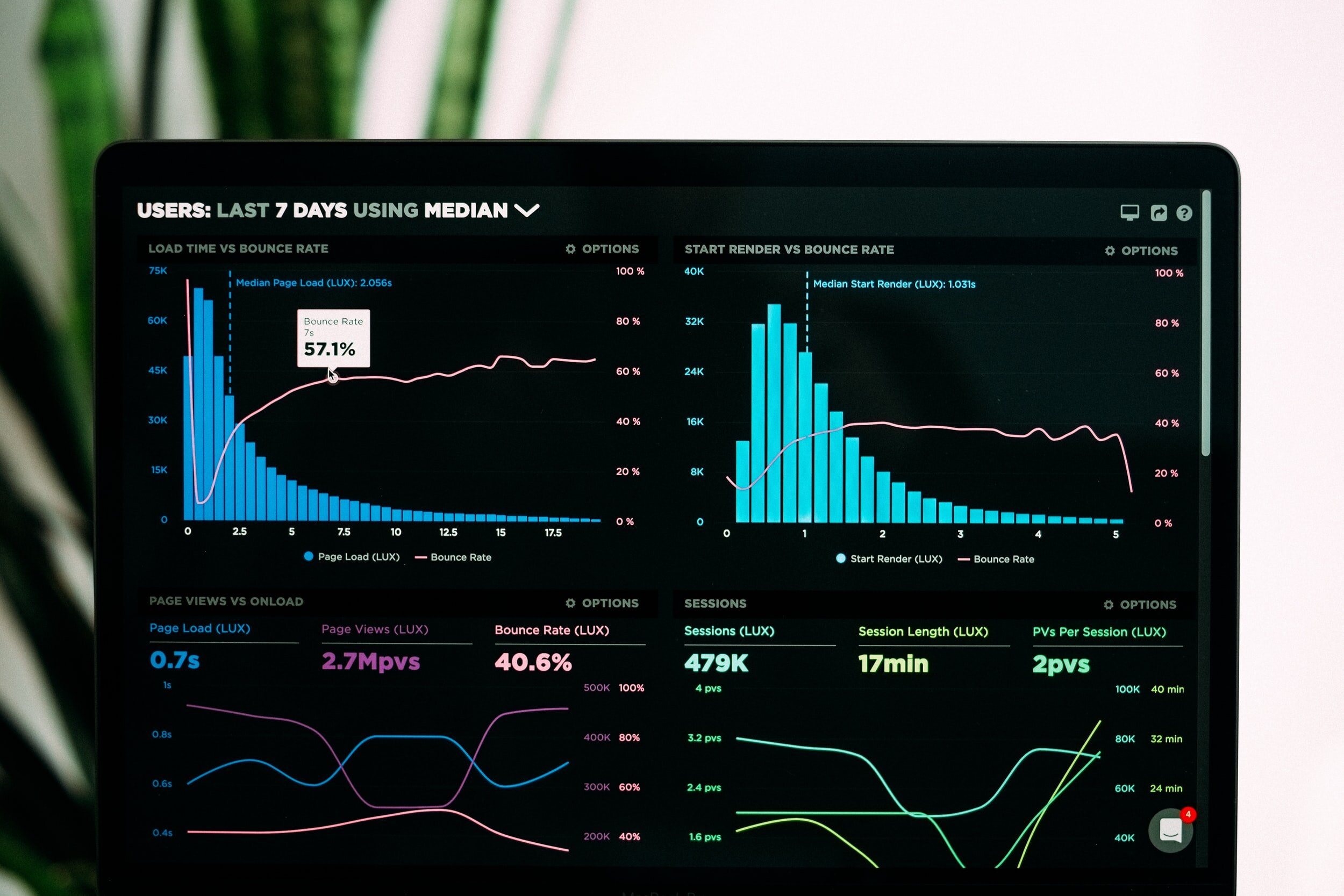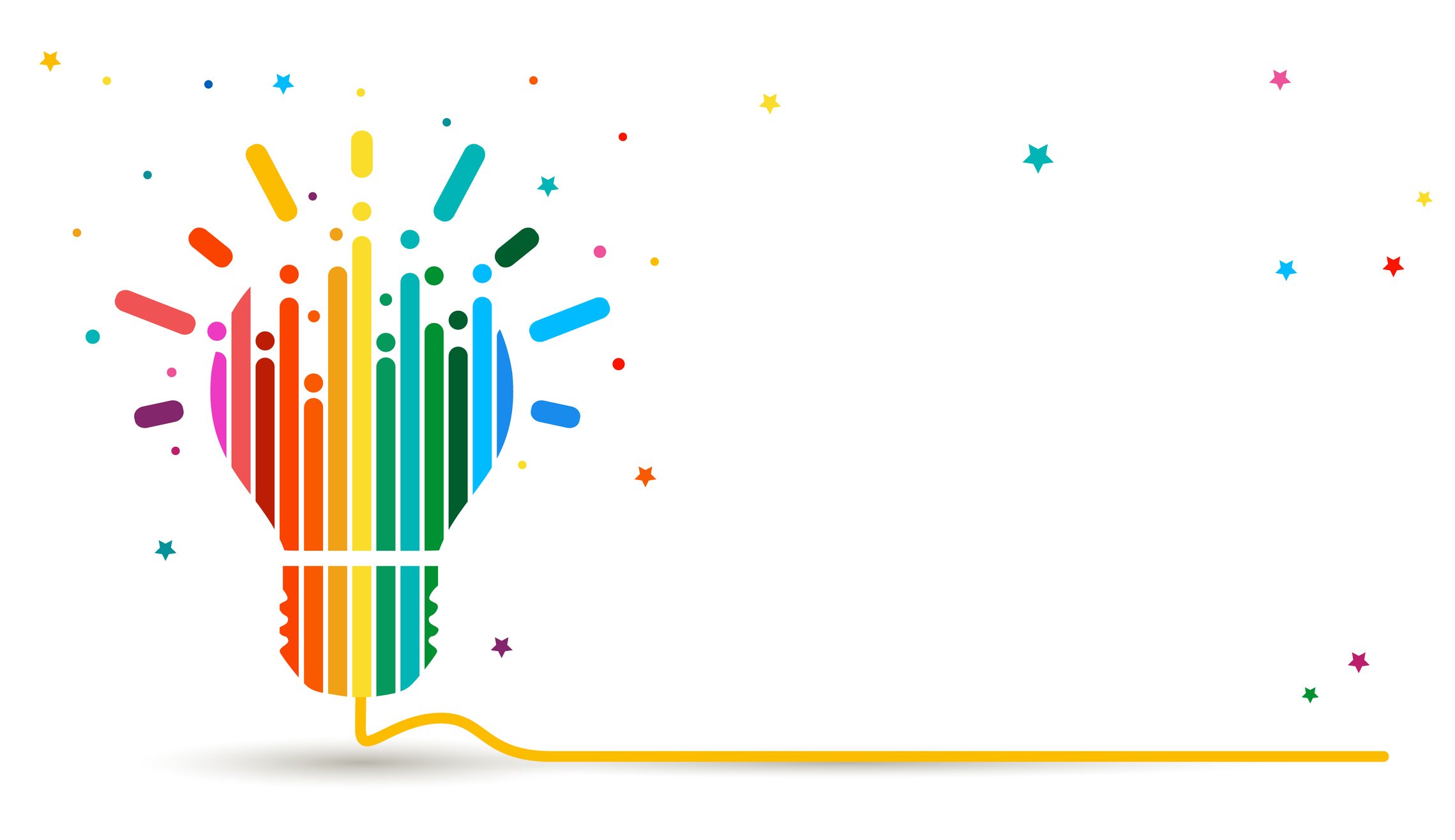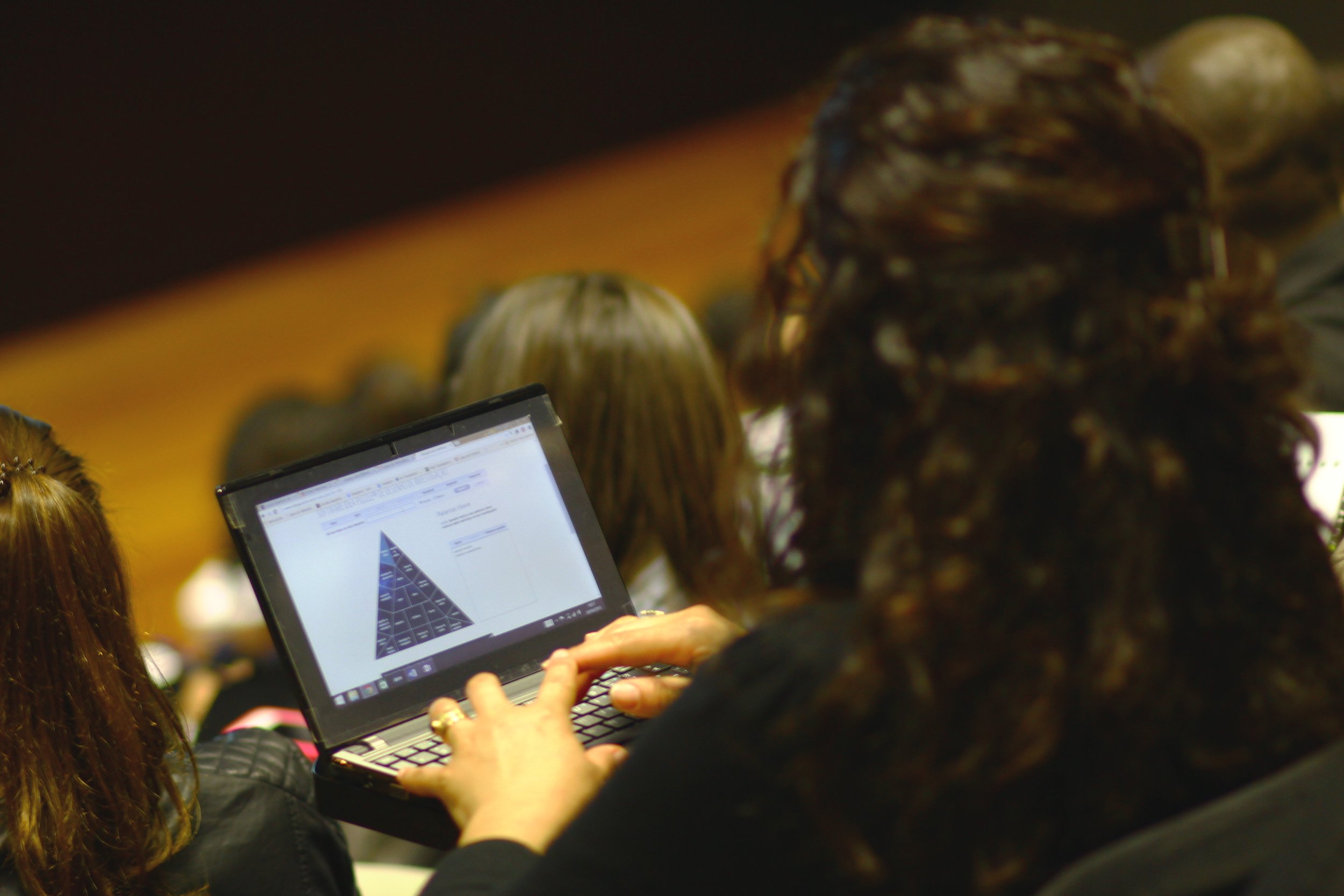Resources about getting scholarly articles published
By Janet Salmons, PhD Manager, Sage Research Methods Community
Do you want to publish your scholarly research? Learn how with these resources!
Dr. Linda Bloomberg and Dr. Merle Werbeloff offered a substantive webinar about how to match your research with publication opportunities. Watch the webinar, and find answers to questions posed by attendees. Join us for more free webinars; find information and register here.
Find resources about publishing in Sage Journals
Get started with the How to Get Published page
Browse Sage journals to find ones that fit your methodology, discipline, and/or scholarly focus.
Use the Journal Recommender to find relevant journals.
Find the Journal Author Gateway with a step-by-step guide to the process.
Learn about open access options at Sage including funding options.
Find answers to your questions with author, reviewer, editor and research resources.
How to Connect the Study’s Methodology with Publication Options
View previous webinars from the How to Do Research and Get Published series
How to Select a Journal
How to convert a dissertation or thesis into a manuscript
Guidance for Researchers from Lower Income Countries
Find more resources beyond Sage
Find courses or a mentor! AuthorAID is a free pioneering global network that provides support for researchers in low and middle income countries.
Join a community of writers! The Textbook and Academic Authors Association offers support and all kinds of resources for people of all levels and disciplines.
Learn how to use tools for organizing and analyzing literature and data, with free resources and links to NVivo and Citavi.
Learn more with guidance and resources about academic writing
Find examples and guidance about collecting data on blogs or vlogs.
by Maria Lahman, Ph.D. and Tyler Kincaid Ph.D., panelists for the How to Do Research and Get Published webinar, “How to write a paper: Qualitative methodology” share their insights.
Conduct a reference search and format your reference section was offered as part of the How to Do Research and Get Published webinar series. Watch the recording and find lots of useful resources in this post.
Find a collection of resources about writing and publishing articles and more!
Learn about research design, doctoral writing, and academic publishing with these posts and recordings from Dr. Linda Bloomberg and Dr. Merle Werbeloff.
Think about your own big picture, and how to paint it. There are many options for sharing ideas and disseminating findings. What will work for you, based on the nature of your research, your findings, and your career goals?
Christina Silver explains why and how to use qualitative data analysis software to manage and analyze your notes, literature, materials, and data. Sign up for her upcoming (free) symposium!
Find tips to help you share your research and numerical findings.
This list of books and articles include a range of discussions about academic and research careers.
Want anyone, whether or not they are associated with an institution that allows them access to an academic library? Learn about open access and how to publish your OA article.
Jessica Lester and Trena Paulus co-edited a December 2023 special issue for the Sage journal, Qualitative Inquiry, “Qualitative inquiry in the 20/20s: Exploring methodological consequences of digital research workflows.” Read the articles and watch a roundtable with contributors. This is the second of two discussions of the special issue.
Jessica Lester and Trena Paulus co-edited a December 2023 special issue for the Sage journal, Qualitative Inquiry, “Qualitative inquiry in the 20/20s: Exploring methodological consequences of digital research workflows.” Read the articles and watch a roundtable with contributors. This is the first of two discussions of the special issue.
Academic writing is not always writing! Pictures and media enliven our writing, and can be important for showing concepts and contexts.
How and why should you argue in academic writing? Learn more from Dr. Alastair Bonnett, author of How to Argue.
This post includes tips about writing qualitative proposals excerpted from Research Design by Creswell and Creswell.
Thinking about research careers and calling: finding the right fit.
What do journal editors want? Read an open-access collection of editorials that offer practical suggestions about how to organize and write an article that will pass the review process and get published.
Safary Wa-Mbaleka, Arceli Rosario, and Anna Cohen Miller discussed opportunities and challenges for global researchers and academic writers in this roundtable discussion.
Don’t get caught by predatory publishers!
Celebrate Academic Writing Month 2023 by getting organized! Find open-access resources to help you avoid being distracted by details and lost files.
Jo VanEvery believes that a writing practice based on the desire to write and enjoyment of the intellectual challenge will produce the outputs you are under pressure to produce. Learn how in this post!
AI can do a lot of things but it cannot do originality. Learn more from Dr. Alastair Bonnett, author of How to Be Original.
In this presentation, Dr. Linda Bloomberg explains how to think through key questions associated with presentation of qualitative findings, and walks through an example that demonstrates ways to align research designs with presentation strategies.
Dr. Linda Bloomberg offers detailed suggestions for getting organized and starting a dissertation or thesis.
Connect or reconnect to the joy of writing with these tips from Dr. Katherine Firth.
How can critical thinking skills help you write more precisely? In this post Dr. Alex Baratta offers some practical tips.
Learn how to design and defend your PhD research with the Idea Puzzle software from Ricardo Morais.
Between 2015 and 2022 Paul Atkinson produced four books about ethnography. How and why did that happen, and what did he want to achieve? Learn about this quartet of books.
Applying an equity focused lens specifically to reporting and dissemination necessitates a careful and deliberate approach. Learn more in this post!





























Look candidly at your unfinished project. Is it a stepping stone, and completion will be allow you to move ahead? Or is it an obstacle that prevents you from moving forward? Find ideas to help you determine whether to revive that piece of writing or let it go.